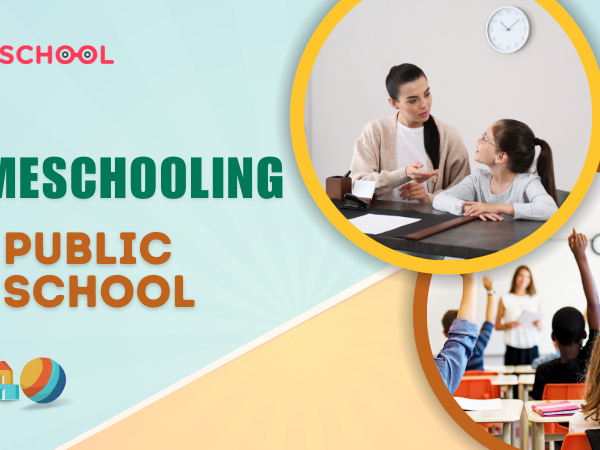Introduction
The popularity of homeschooling programs has significantly increased in recent years as parents look for alternate forms of education for their kids. This article will give a thorough explanation of homeschooling program, including everything from the fundamentals to the specifics. This book will provide helpful insights whether you’re an experienced homeschooling parent or you’re just starting to consider this option.
Understanding Homeschooling
What is Homeschooling?
Homeschooling refers to the practice of educating children at home rather than sending them to a traditional public or private school. It offers parents greater control over their child’s education.
Why Choose Homeschooling?
Explore the various reasons why parents opt for homeschooling, including personalized learning, flexibility, and individualized attention.
Legal Requirements
Homeschooling Laws
Learn about the legal requirements and regulations surrounding homeschooling in your state or country. It’s crucial to comply with these to avoid any legal issues.
Curriculum Choices
Discover the different curriculum options available for homeschooling and how to select the one that best suits your child’s needs.
Setting Up a Homeschooling Environment
Creating a Learning Space
Tips on designing a conducive learning environment at home to facilitate effective homeschooling.
Necessary Resources
Explore the essential tools and materials required for homeschooling, from textbooks to online resources.
Planning the Curriculum
Customizing the Curriculum
Learn how to tailor the curriculum to your child’s learning style, interests, and pace, ensuring a personalized education.
Setting Goals
Establish clear educational goals and milestones to track your child’s progress effectively.
Also Read: What is Montessori Education?
Teaching Strategies
Teaching Methods
Discover various teaching methods, such as classical, Montessori, or unschooling, and decide which one aligns with your educational philosophy.
Engaging Activities
Explore creative and engaging activities that can make learning fun and memorable for your child.
Assessing Progress
Evaluating Your Child’s Performance
Find out how to assess your child’s progress and make necessary adjustments to the curriculum.
Standardized Testing
Learn about standardized testing options for homeschoolers and their significance.
Socialization and Extracurricular Activities
Social Interaction
Address common concerns about socialization and learn how to ensure your child has opportunities to interact with peers.
Extracurricular Pursuits
Explore extracurricular activities and clubs that can enhance your child’s overall development.
Also Read: How to Create a Montessori Environment at Home
Challenges and Solutions
Common Challenges
Identify potential challenges in homeschooling and strategies to overcome them, including time management and burnout.
Support Systems
Discover support networks, online forums, and local homeschooling groups that can provide valuable assistance and guidance.
Benefits of Homeschooling
Academic Excellence
Explore the potential academic benefits of homeschooling, such as personalized learning leading to higher achievement.
Nurturing Individuality
Discuss how homeschooling allows children to discover their unique talents and interests.
Conclusion
In conclusion, homeschooling offers a dynamic and personalized approach to education. It empowers parents to actively participate in their child’s learning journey, tailoring it to their specific needs and interests. By understanding the legal requirements, setting up a suitable learning environment, and adopting effective teaching strategies, homeschooling can provide a rich and fulfilling educational experience. Know more – The Real School
Frequently Asked Questions (FAQs)
1. Is homeschooling legal in all states?
Ans: Homeschooling is legal in most states, but the requirements may vary. It’s essential to research and adhere to your specific state’s regulations.
2. Do homeschooled children miss out on socialization opportunities?
Ans: Not necessarily. Homeschooled children can engage in social activities through co-ops, clubs, sports teams, and community events, ensuring they have ample opportunities to interact with peers.
3. Can I homeschool multiple children with different learning needs?
Ans: Yes, homeschooling can be adapted to meet the individual needs of each child. You can customize the curriculum and teaching methods accordingly.
4. Do homeschooled students receive diplomas?
Ans: Homeschooled students can earn diplomas or certificates, depending on the state’s regulations and the curriculum followed.
5. What role do standardized tests play in homeschooling?
Ans: Standardized tests can provide a benchmark to assess your child’s progress and ensure they meet educational standards. However, they are not the sole measure of success in homeschooling.







